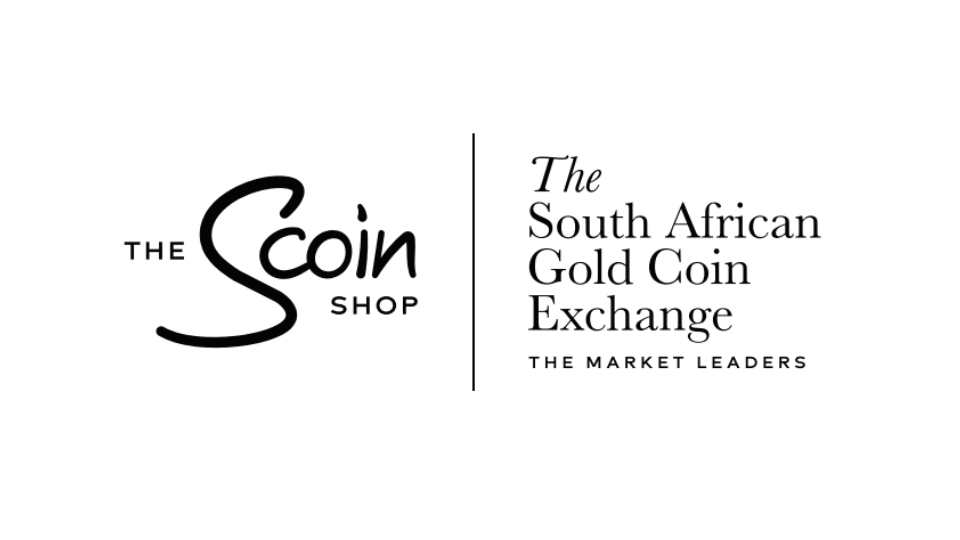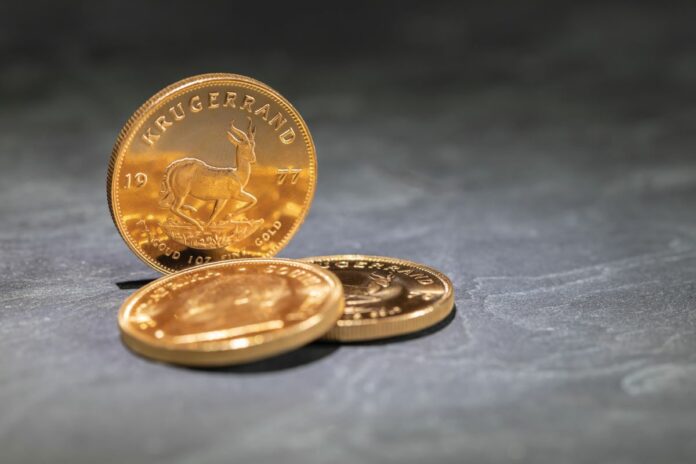Twenty-five years ago, Robert Kiyosaki’s book Rich Dad Poor Dad was first published and has gone on to sell more than 32-million copies. This runaway bestseller is on my bookshelf and probably in many of your clients’ libraries. Rich Dad Poor Dad is considered the #1 personal finance book of all time… and Kiyosaki is regarded as a guru in his own right.
Whatever your sentiment, this line from my battered copy has always stuck with me: “Commodities such as gold and silver have a world market that transcend national borders, politics, religions and race.”
Gold has outperformed Bitcoin and the S&P 500 by over 5% this year.
Geopolitical uncertainty and inflationary concerns are shining the spotlight on gold resulting in a bump in interest in owning gold coins and bullion as a portfolio diversification tool. As a result, we have seen a massive spike in interest in gold in the past month.
Clients are uneasy about market volatility, lingering concerns over the coronavirus’ economic impact, the Russia-Ukraine war and inflation risks. These factors create uncertainty, which in turn suggests that gold should be part of any wealth-preservation strategy. Inflation is the silent wealth killer that may pose a more considerable hazard to your clients’ investments than any other liabilities.
Gold has outperformed Bitcoin and the S&P 500 by over 5% this year. Of course, these are unpredictable times but there is a way to safeguard your clients and that is through gold coins and bullion. So why should you consider this type of investment?
Here are some practical reasons to evaluate how gold fits into your clients’ financial plans:
History and stability. Gold has maintained its value throughout the ages, unlike paper currency or other assets. Gold is a way to pass on and preserve wealth from one generation to another.
Properties. Gold is tangible and moveable. In addition, gold is a highly liquid asset. Other alternative assets are relatively illiquid.
Combats inflationary concerns. In addition, buyers of physical precious metals are motivated by the fact that gold is a currency hedge.

Limited supply. Gold’s supply is limited, supporting its role as a store of value – the worldwide supply only increases by about 1.5% each year, making it the winning store of value.
Official support. Central banks and governments worldwide own gold as a reserve asset. If central banks purchase gold because they believe gold can serve as a store of value, why should you act differently?
There are reasons clients are jittery – geopolitical shakiness, inflationary concerns, pressure on global financial systems. However, adding some gold coins into their portfolio remains an option, particularly Krugerrands.
Throughout history, few assets have rivalled gold in popularity as a hedge against almost any trouble, and I believe that diversification can help reduce the impact of market volatility. The general wisdom is that gold coins are for holding. Gold coins are about wealth preservation and generational wealth creation. In the long term, gold holds its value against inflation. Owning Krugerrands means you can enjoy prosperity safeguarding. Another gem from Kiyosaki is, “If I have cash and I can’t figure a way to put it into real estate or my business, I hold it in gold and silver.”
In 1967, you could buy a Krugerrand for R27. Today (early 2022), the same coin is priced at approximately R31 000. Think about it.













